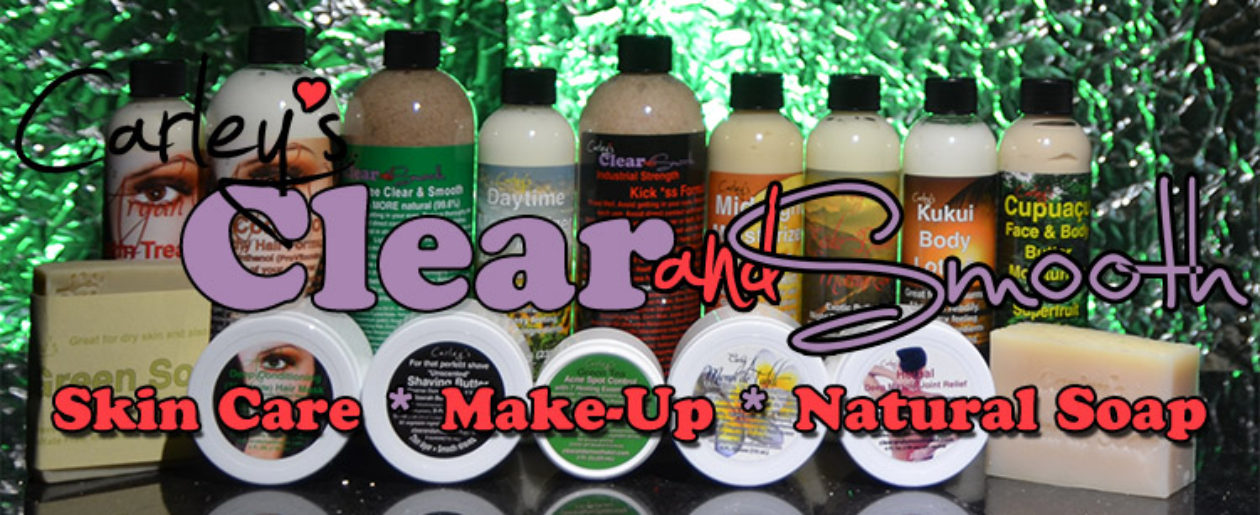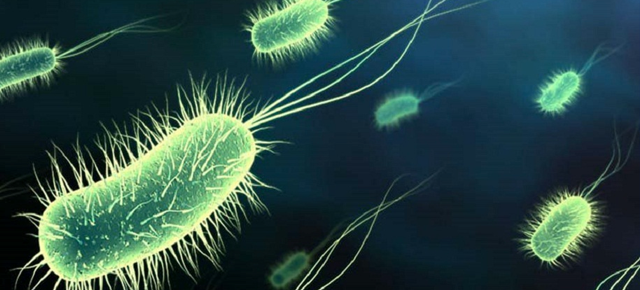
All your life you’ve been taught the importance of balance. Everything in moderation, having a balance is generally considered healthy. So why does practice of balance never seem to apply to our skin? With what is known as pH, many people may be putting skin products low in pH right on the skin for the worse.
It’s important to know the basics of what pH is and how the pH may be causing all of those skin irritations you’ve had.
Can we always trust the experts?
Let me warn you about something when it comes to skin care. If you put a 100 “experts” in a room, likely you are going to get a dozen different opinions. The science of our skin is so complex, it may be a long time before anyone truly understands completely what is going on. That’s why trial-and-error is so much more important for determining what skin products work best for each person.
The Measure of pH
You probably remember fooling with colored strips of paper to determine the pH of a solution. Today, we use very precise meters. To put it simply, pH is the concentration of hydrogen ions in a solution. Don’t look too much into what that is. Just know that the concentration vastly affects the shape of proteins. What does your skin consist of? Protein and lots of it!

How does pH affect the skin?
Healthy blood averages around 7.2 to 7.4 – Slightly alkaline. Every live cell in your body is fed constantly with blood. Virtually all major skin care companies stress that our skin has a tiny acidic layer on our skin called the acid mantle. This acid mantle is the excuse that these companies use to create a highly acidic (low pH product).
They tell you that an acidic compound will kill the “bad” bacteria on the skin. Some dermatologists go as far as recommending chemical peels that destroy the top layers of the skin with strong acids. A peel produces the same side effects of a bad sunburn and can take months to recover. Many of these same dermatologists have even convinced the public that going pH neutral (the pH of pure water!) is bad for your skin.

Seawater and the mysterious effects of the ocean
For years people have used ocean water as a therapeutic treatment and to heal skin wounds. Take a dip in the ocean and your skin feels great. Some report minor cuts that heal faster in ocean water. Even acne seems to get a bit better.
How does that work? Ocean water has a pH slightly higher than that of your blood. By every other measure, ocean water should be terrible for your skin:
- The water is salty and drying
- Popular beach waters are notoriously polluted
- You’re more likely to be sunburned at the beach
So what is happening to the skin when we’re at the beach that makes our skin feel great? We believe it’s the alkaline (high pH) nature of ocean water that cleanses the skin and helps heal wounds.
I’ve had people tell me how bad alkaline is for the skin and remark to me at the same time how much they love our natural soap. When I tell them our natural soap has a pH of about 9 they become confused. How can such a high pH product feel so great on their skin?
Bacteria’s hidden importance
Our skin carries more than 1 billion microbes per square centimeter. Mostly good but some bad. Without healthy bacteria to counteract the bad bacteria, our lives would be very short.
Experts say that the P. Acnes bacteria is responsible for the majority of acne cases – hence the name. Despite this, all healthy pores contain this same bacteria. If antibiotics and strong acids that destroy P. Acnes are the answer then what happens to the healthy pores that contain P. Acnes? Antibiotics are not specific enough to only kill the bad bacteria.
We just don’t know what the effect of killing bacteria on our skin with low pH/high acid products do. Molecular biologist Bonnie Bassler explains in this TED video the complex relationships involved in bacteria on our skin (watch this video if you get a chance as she explains a complex science in layman’s terms) and how bacterial communication can be disrupted by killing off large areas of good and bad bacteria.
If most bacteria are good why are antibacterial/acidic products so prevalent?
Preservatives – Most products use paraben as a preservative. This is a cheap and relatively effective way to preserve cosmetic products. Paraben only works in an acidic environment. We don’t use parabens!
Robustness – A small effort brings quick improvement. The bacteria blocking your pores quickly die out with the help of these acidic treatments. The skin slowly adapts to these acid washes. Eventually a quick fix turns into a “no-fix” and you’re stuck with the bad results.
We don’t want to promise anyone quick improvement. The time it takes people to adapt to a less acidic treatment varies. It may take well over a month and sometimes an initial breakout before the skin adjusts to a healthier product. What you will notice is how great your skin feels using a pH neutral product over the long-term.

